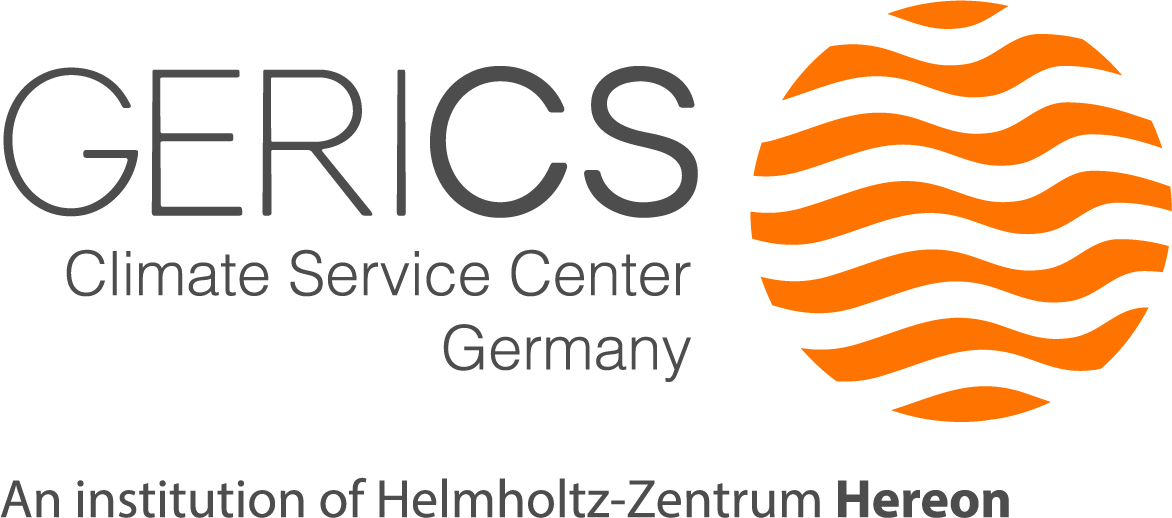CARBOSTORE
Carbon Storage in German Coastal Seas – Stability, Vulnerability and Perspectives for Manageability
CARBOSTORE is a collaborative project funded by the Federal Ministry of Education and Research (BMBF) in the research programme "MARE:N - Coastal, Marine and Polar Research for Sustainability" under the umbrella of the research framework programme "Research for Sustainable Development" (FONA).
The North Sea and Baltic Sea play a very important role in combating climate change by absorbing and storing carbon, but are under considerable pressure from anthropogenic uses (such as pollutant and nutrient inputs) and the consequences of climate change (such as sea-level rise and warming). Both can change the biogeochemical processes of marine ecosystems and thus the storage capacity of carbon in the ocean.
In the CARBOSTORE project, the vulnerability and resilience of various natural carbon reservoirs in the German North Sea and Baltic Sea are investigated, and future developments of these carbon reservoirs under different climate change scenarios and anthropogenic changes are simulated in a hydrodynamic-biogeochemical model. Based on these analyses, and taking into account relevant legal as well as socio-economic framework conditions, perspectives are developed that aim at the targeted increase of carbon storage in the North Sea and Baltic Sea, i.e. negative CO2 emissions. Decision-makers concerned with climate change mitigation will be supported in their decision-making. For this purpose, information tools are being developed in the project, with the help of which scientific findings can be translated into management options.
GERICS addresses the societal perspective of the project. In order to make the knowledge generated at CARBOSTORE on natural marine carbon storage accessible to decision-makers in an appropriate way, the following questions will be answered:
- Who are the relevant decision-makers?
- What do the decision-making processes look like?
- What information do they need to make informed decisions?
- What legal frameworks are they embedded in - both the decision-makers, but also the decisions themselves?
- How can the information be provided in the best possible way?
In close cooperation with relevant stakeholders, especially from politics, administration, civil society and associations, a prototype for visualised information provision is to be developed based on highly innovative augmented reality applications (AR applications). The use of these AR applications should make it easier for decision-makers to understand or grasp the effects of their decisions visually - and thus easily comprehensible - in the truest sense of the word, based on scientific analyses.
Homepage CARBOSTORE
